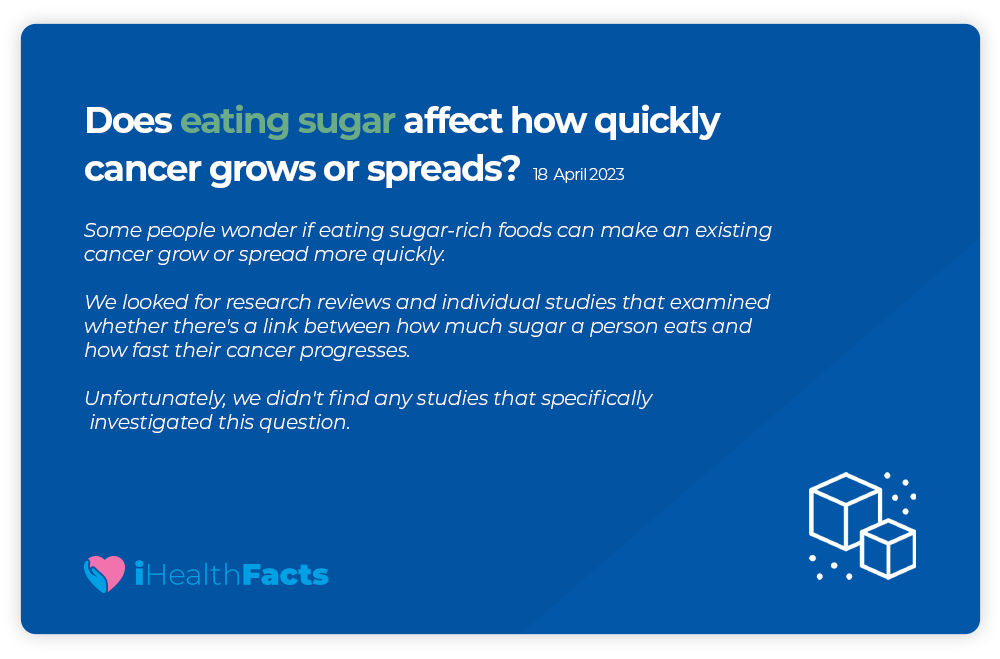- Lead Researcher: Dr. KM Saif-Ur-Rahman, Senior Research Methodologist, Evidence Synthesis Ireland and Cochrane Ireland, College of Medicine, Nursing and Health Sciences, University of Galway
- Reviewed by: Prof Declan Devane, Professor of Health Research Methodology, Deputy Dean, College of Medicine, Nursing and Health Sciences, University of Galway, Scientific Director, HRB-Trials Methodology Research Network Director, Evidence Synthesis Ireland. Director, Cochrane Ireland
- Topic advisor: Dr. Frances Shiely, Senior Lecturer in Epidemiology and Patient-Focused Research, jointly appointed to the HRB Clinical Research Facility and the School of Public Health, UCC, Director of Education for the HRB CRF-C, Programme Director for the MSc Clinical Trials (online) and co-PI and UCC lead for the HRB Trials Methodology Research Network.
- Public and Patient advisor: Deirdre Mac Loughlin, Public and Patient Involvement in research (PPI) advisor, PPI Ignite, University of Galway.
- Journalist Advisor: Dr. Claire O’Connell, PhD in cell biology, Masters in Science Communication. Contributor to The Irish Times, writing about health, science and innovation.
Conflict of Interest Statement: The authors have no financial or other conflicts of interest for this health claim summary.
